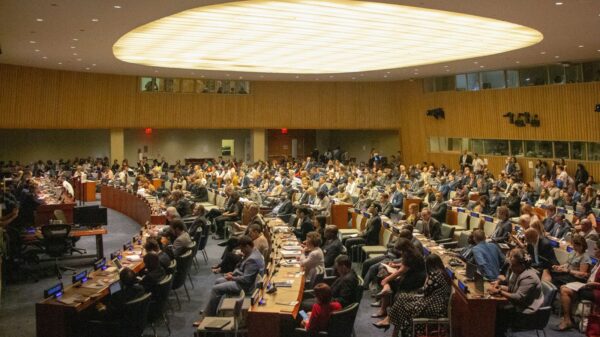In a 6-1 decision, Seattle City Council passed an ordinance to ban discrimination based on caste – making Seattle the first jurisdiction to list caste as protected category from discriminatory tactics alongside race, gender, religion, sexual orientation and other forms of identification.
The caste system is a historical, hierarchical and societal structure that has been adhered to for almost 3,000 years and categorizes groups as inferior or superior based on their status at birth. Although it was banned in India after they gained their independence from Britain in 1947, this hierarchy still lingers in the culture and minds of Indians, even those that currently reside in the U.S.
Indians Americans believe that caste, along with religious discrimination, is prevalent within their communities. People of the Dalit caste – the lowest caste in the social structure and formerly known as the “untouchables” – claim to have experienced caste-based discrimination in the U.S. through job opportunities, especially in the IT sectors where Indians account for a large portion of the population, as well as education, housing and, ultimately, social alienation.
Councilmember Kshama Sawant, an activist, former teacher and the sole Indian American on the Seattle City council, introduced and sponsored the ordinance and claims that discrimination based on caste has increased in the Indian diaspora in the U.S.
“We know that caste discrimination has been growing in the United States across many industries, including technology, construction, restaurants and the service industry and in domestic work. Caste discrimination is increasingly a grave contributor to workplace discrimination and bias,” Sawant said in a press statement.
“In August of last year, the California Department of Fair Employment and Housing won an appeals court ruling to proceed with a lawsuit alleging that a caste-oppressed engineer at Cisco Systems—a multibillion-dollar tech conglomerate—was actively targeted by his dominant-caste managers, and denied professional opportunities, a raise and promotions because of his caste background,” she displayed further.
The ordinance makes efforts to combat these discriminatory practices by providing “protections against discrimination based on an individual’s caste,” according to the Office of the City Clerk of Seattle and Sawant claims it, “will prohibit businesses from discriminating based on caste with respect to hiring, tenure, promotion, workplace conditions or wages.”
Contrary to this, some organizations, such as the Coalition of Hindus of North America (CoHNA), believe that the ordinance only served to further alienate South Asians by having a category of discrimination that can only be applied to them. This, they claim, is inherently biased because they would be the only ones who can be charged under the category.
“This ordinance peddles bigotry and singles out the South Asian community by using racist, colonial tropes of ‘caste’ and ensures that our community is subject to special scrutiny, thus denying our rights to freedom of religion and equal protection,” a letter from CoHNA said.
Furthermore, the Hindu American Foundation, in alliance with the CoHNA, labeled caste discrimination “a vague, facially discriminatory and arbitrary category.”
Howard University’s own Jasneet Sahota, freshman biology major from India, believes Seattle’s decision to ban caste is good for the equality of the future.
“Coming from India, I have noticed this a lot where many different castes are discriminated against. I am in support of caste discrimination banning. In India, it is pretty common where one caste is not allowed to marry or just get involved with another caste because they are considered to be ‘low’ or just ‘bad people,’” Sahota said.
“This discrimination further made people of India drift apart instead of being united,” Sahota continued.
Copy edited by Jadyn Barnett













